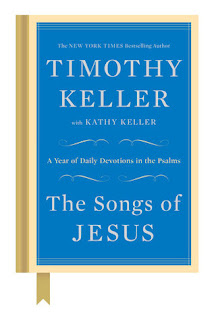Recently, one of my pastors gave a sermon about his trip to Kenya. My church,
The Bridge, partners with an organization called
When I Grow Up, and specifically, their project of supporting
a school called Furaha in the Huruma slum of Nairobi, Kenya. Pastor Tim told us about the extreme poverty he saw in the Huruma slum, and how this school offers hope of breaking the cycle of poverty to the families of kids who attend the school. (This school is doing amazing work! Check out the website to learn more.)
There are all kinds of startling statistics that can be ticked off about people living in extreme poverty, and if I'm being honest, so many of them fly over my head - but occasionally you hear a statistic, story, or description that shakes you to the core and that you know will stick with you. The statistic that applies to the Huruma slum is: 40% of children don't live to see their 5th birthday.
How can that be?? This means that many, many kids are born healthy and then don't survive due to things that we totally take for granted in the United States - lack of clean water, food, sanitation, clothing, access to medicine and vaccines, safe housing standards, enforced child welfare laws, and i'm sure hundreds of other things. What does that do, psychologically, to parents and kids, knowing that the odds of survival are so low and that they and their kids will be fighting to survive for their entire life?
While none of us as individuals can be the complete fixer of all the problems in the world - there is so much that can be done by individuals in wealthy countries for other individuals living in extreme poverty. This starts with learning more about the systemic roots of the problem, and then using that knowledge to try to help in the best possible ways. My personal knowledge about "what are the best ways to help break the cycle of extreme global poverty" is very limited, and I would like to know more. If I had to guess at the most effective programs to support, I would list: clean water, public heath initiatives, education, and business micro-loans -- but I would like to do more reading to know if this list is on point, and if so, what is the best way to support these type of endeavors?
This isn't meant to be a guilt inducing blog post, but an explanation of the inspiration for a blog mini-series that I plan to do in the next year (or couple years - we'll see how things work out once new baby arrives!). In this stage of my life, it's hard to do much "helping" work, even locally, because i generally need to bring the kids and spend 90% of my energy supervising the kids, and then we're no help to anyone. But I do have some time to read and write, so this is an excellent time of life to learn and blog about issues, and then see where it goes from there. So to start, I'm going to read and blog through the four books suggested by Pastor Tim, listed below -- and then we will see where the series goes from there. If any of you are interested in this same topic, I would love to have you read along!
Suggested books (edited as I go with links to my book review blogs):
1. The Hole in Our Gospel by Richard Stearns
2.
Enough: Why World's Poorest Starve in an Age of Plenty by Roger Thurow
3. When Helping Hurts by Steve Corbett
4.
The Locust Effect by Gary Haugen














